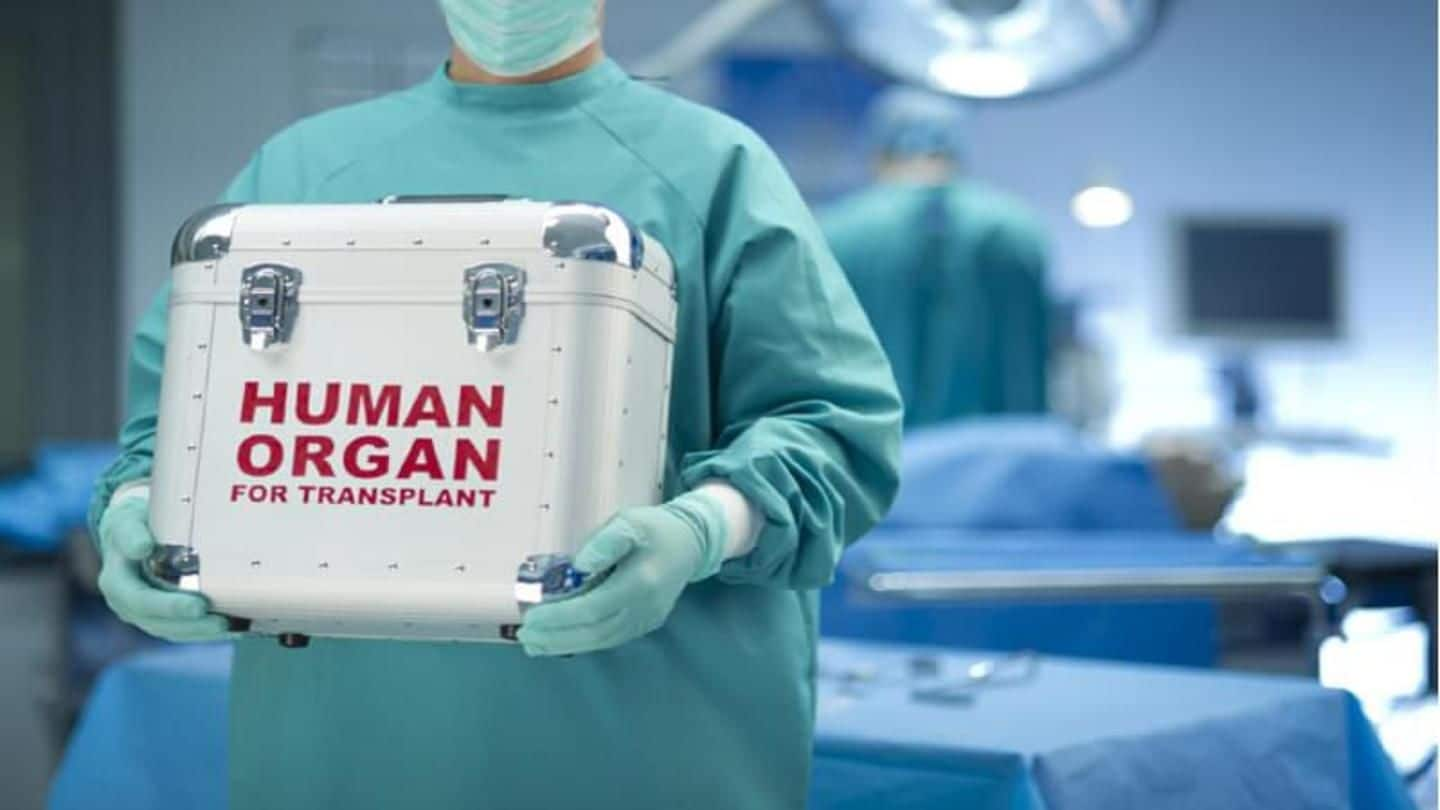
IISc team develops LifeBox for storing harvested-organs for longer times
What's the story
In a revolutionary medical development, a team of Bengaluru's Indian Institute of Science (IISc) has developed an innovative, state-of-the-art organ preservation box. 'LifeBox' is aimed to increase an organ's longevity, even when it's transported by road. Currently, organs are injected with a preservation-fluid and cooled in iceboxes, which with time, loses its qualities. With rising demand, harvested organ transportation is gaining steam.
Research
Currently, LifeBox can preserve only heart, but work is on
Developed by researchers Deval Karia and Rohit Nambiar, 'LifeBox' is currently designed to preserve harvested hearts only, but work is on to encompass other organs. Though Green Corridor, the on-road organ transportation system, has helped thousands of organ-recipients, it has several drawbacks. "The window's narrow, and requires a tremendous amount of effort and coordination between regulatory-authorities," says Prof Ashitava Ghosal, who supervised the duo.
Quote
Why is LifeBox the need of the hour?
"Drone transportation is a promising alternative. However, it comes with its inherent challenges; primary among them being the duration for which a heart can be stored before it becomes unviable, the availability of power and the limitations of weight," one of the researchers said.
Facts
LifeBox would ensure the heart would keep pumping
Alternatives to air-transportation is expensive, costing around Rs. 2L. Moreover, harvested hearts can easily be rendered useless by hypoxic/ischemic injury and protein denaturation. That's when LifeBox comes in. Its structure ensures temperature is maintained at around 4-8 degrees and metabolites are regulated to impede heart-metabolism. Additionally, fluids that would be constantly pumped would ensure the heart would keep beating, even when on the move.
Quote
This innovation is being patented, said the IISc researchers
"This new design has helped achieve an estimated 91% reduction in energy consumption and a 65% weight reduction for a six-hour preservation-time. This is when compared to a benchmark device currently undergoing FDA approval in the USA. This innovation is being patented," said the researchers.
Past events
Last month, machine capable of storing-liver for 24-hours entered India
Last month, an organ preservation box named OrganOx metra made it to the news. It enables storage of livers for a whopping 24 hours, and that too at room temperature, thus allowing assessment. Developed by an Oxford University team, the "normothermic machine" was put on clinical trials in 2013; till now, 200 transplants have been conducted using livers kept inside it.